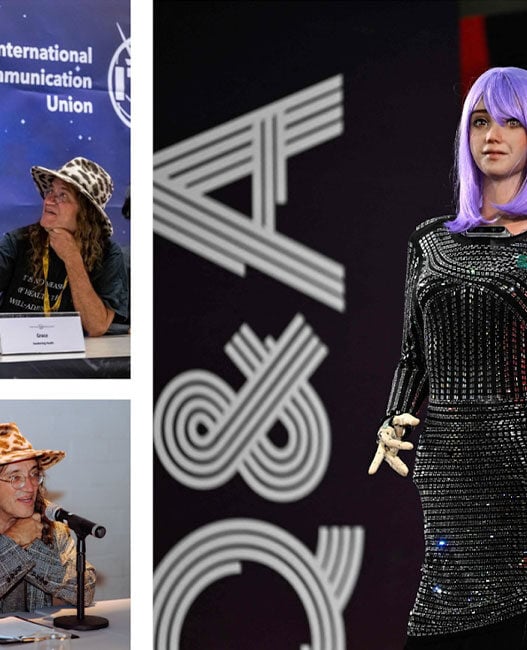While tech has long been viewed as a male-dominated sector, these startling findings pose a significant question to consider – is AI at risk of perpetuating historical biases and power imbalances, rather than solving them?
Going forward, bridging the gender gap should be a top priority for AI companies developing the next generation of AI solutions. Indeed, if we decide to remain complacent, we risk undermining the long-term impact AI could have in fuelling humanity’s evolution.
How severe is the diversity problem?
The main problem with gender imbalance in the AI industry is that machine learning (ML) software feeds off human input, whether this comes from the developers themselves, or the global data it consumes in order to perform decision making tasks. The AI algorithms are essentially trained by being taught to recognise patterns in the data it swallows. Because of this, there is a risk that this technology could unintentionally embody the prejudices of society and indeed even amplify inequality.
Let’s consider how this might work in practice. Amazon recently came under fire for creating a “sexist” hiring algorithm that learned to systematically downgrade female applicants for roles that were traditionally held by men within the company. Having observed a pattern, namely that men were typically hired for more technical and leadership positions, it discarded CVs that contained mention of the word “women’s”.
This serves as a cautionary tale, and a useful case study for us to understand the potential long-term impact ingrained biases could have on the future implementation of AI technologies. Fundamentally, however, I believe we are at a critical juncture, which is why AI businesses and organisations must take the initiative and actively promote gender equality.
Addressing the problem
Teach them young
If we are ever to fully fix the diversity problem, we must ensure that there are more pathways for women into technology. This ultimately comes down to education and ensuring that there are ample opportunities for women to pursue careers in traditionally male-dominated sectors. There is a lot of work to be done in this respect; in the UK today, it is estimated that only 15.8% of undergraduates in STEM fields are women.
Addressing the diversity problem in AI must necessarily begin by tackling the stereotypes that still exist about what constitutes “male” and “female” jobs. The government must work together with the industry to help more women get involved in tech from an early age, whether this is through dedicated schemes or grants to open up new opportunities. Exposing more young women to the opportunities available to them within the tech sector and highlighting how pursuing further education in subjects like computer science can set them up for a successful career in the industry is a vital component in addressing the chronic gender imbalance.
Supporting women in tech
At the same time, AI companies also have a big role to play here. Attracting more women into the industry means changing the business culture itself. A top-down approach is one of the most effective ways of changing business culture. Companies should place more women in high-level tech roles; from leadership positions, women can actively participate in driving change across the industry and offer their unique contributions, viewpoints and skillsets.
Indeed, placing successful women in visible positions creates role models and serves to inspire more women to consider a career in AI. At the moment, the list of role models in tech is almost exclusively dominated by men (Elon Musk, Steve Jobs and Jeff Bezos, to name but a few).
Beyond this, companies must actively engage in training and developing employee skillsets like coding, to encourage women to stay in the field and support them on their way up the career ladder. The retention rate of women in tech is a telling sign of underlying issues that must be fixed within organisations; it is estimated that 56% of women who enter the industry leave before they attain mid-level jobs.
Running dedicated training programmes and workshops is one way to go about this, as is creating a mentorship programme where more senior women can serve as mentors to junior employees. By offering tailored advice and guidance, this can mean those starting out in their careers understand how they can progress throughout various sub-sectors of the industry.
Meanwhile, it has been shown time and time again that a flexible work schedule is extremely important to women – according to a Pew Survey, this was a sentiment shared by 70% of women with families. To ensure that women aren’t forced out of tech, workplaces must encourage flexibility to allow women to take time out for their children without sacrificing their future career prospects.
As the field continues to expand at high speeds, companies now have the opportunity to address the crisis as it unfolds. Indeed, this mission is close to our hearts at Fountech, and we hope to set an example for others in the industry to follow. By working together, we can ensure that the future of AI is representative and reflective of society.















